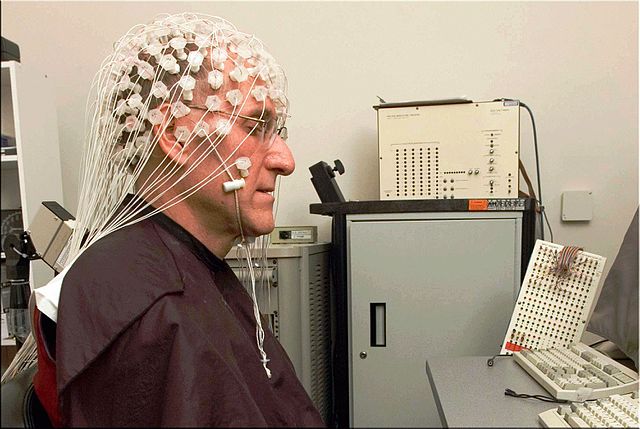It’s official: there is a cure for early-onset Alzheimer’s—but it’s not a pill.
Thanks to Dale Bredesen, M.D., author of the bestselling book, The End of Alzheimer’s: The First Program to Prevent and Reverse Cognitive Decline, there is a scientifically-tested procedure that effectively stops this terrible epidemic.
Using brain imaging and neuropsychological testing, Dr. Bredesen’s published research clearly shows the unprecedented effectiveness of his program for reducing cognitive decline in early-Alzheimer’s patients.
The book explains that many billions of dollars have been spent by government agencies, pharmaceutical companies, and biotechnology to halt the disease, yet out of 244 experimental Alzheimer’s drugs tested from 2000 to 2010, only one (memantine) was approved, and its results are modest at best. One out of three seniors still dies with either Alzheimer’s or some other form of dementia, at a cost of $259 billion every year.
How does this approach work? The science is complex, but at a certain age it appears there is a constant competition between two processes in our brain: one that breaks down synaptic connections (synaptoclastic) and another that rebuilds them (synaptoblastic). Poor diet and lifestyle choices, plus genetic predisposition, result in “turning on” certain genes in the brain which cause increased inflammation, the destruction of neural pathways (synaptoclastic), and the build-up of a tangled web of a protein known as beta-amyloid plaque. Most scientists assume that the amyloid plaque is the cause of Alzheimer’s and drugs have been developed to destroy it. Dr. Bredesen explains that the presence of the plaque is the result of the brain trying to adapt to a poor lifestyle. Leaky gut, he says, contributes to the deleterious process.
The ancients knew that all disease begins in the gut, but this knowledge was lost over time. The advent of drugs gives us a quick fix, which reduces symptoms but does not cure disease. Alzheimer’s is a game changer because there are no pills to cure it. No quick solutions. The right diet and lifestyle, however, can turn the destructive genes off and turn on genes that are good for our health. But we have to change our lives, and we have to do it now.
These are the steps we can take now to turn off the genes leading to Alzheimer’s:
1. Find a sympathetic doctor or health expert who has been trained in the Bredesen protocol and can coach you to effectively alter your diet and lifestyle. With 36 different tests to monitor, this is not a trivial program, but doctors trained in functional or integrative medicine will be familiar with the basic concepts.
2. Begin with simple changes, such as improving your gut health and learning to meditate. I suggest the Transcendental Meditation technique since it’s a basic practice, especially if there are early signs of Alzheimer’s.
3. A ketogenic diet is central to the program, but you don’t have to understand the science for it to work. Dr. Joseph Mercola proposes the same diet as a cure for cancer in his book, Fat for Fuel.
4. Regular exercise and yoga.
5. Take Ayurvedic herbs, like Ashwagandha and Brahmi.
How is this going to change the face of medicine? Doctors who have never been trained in basic nutrition or lifestyle medicine are going to have to learn this knowledge in order to administer the Bredesen protocol. Finally, they are going to learn why diet, yoga, meditation, herbs, and supplements are important for our health.
With both patient and doctor demanding change, the pharmaceutical and food industries will be forced to respond. There is no turning back. We can either get healthy, or we can forget who we are.
~
Author: Robert Keith Wallace
Image: Wikimedia Commons
Editor: Danielle Beutell
Copy Editor: Callie Rushton










Read 0 comments and reply